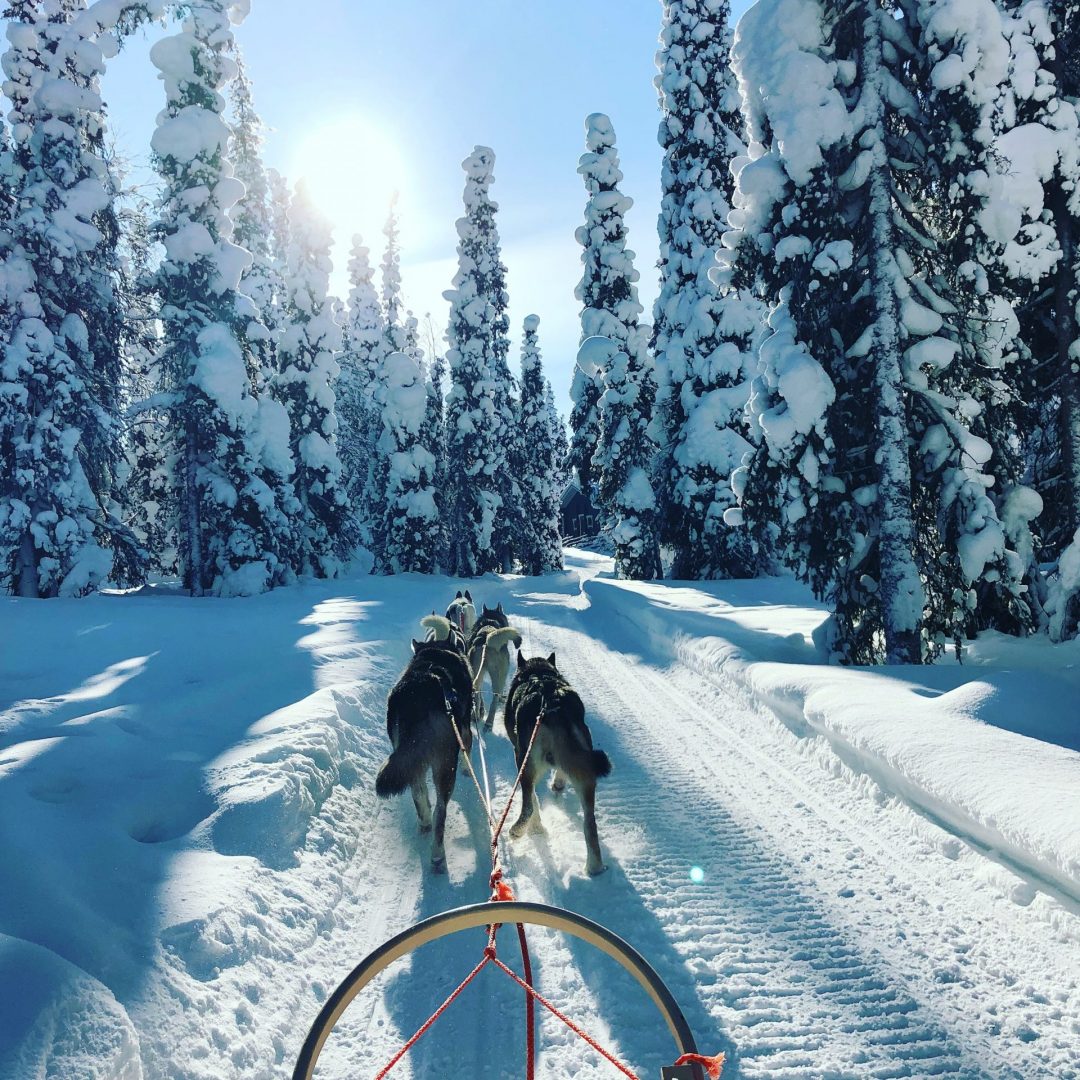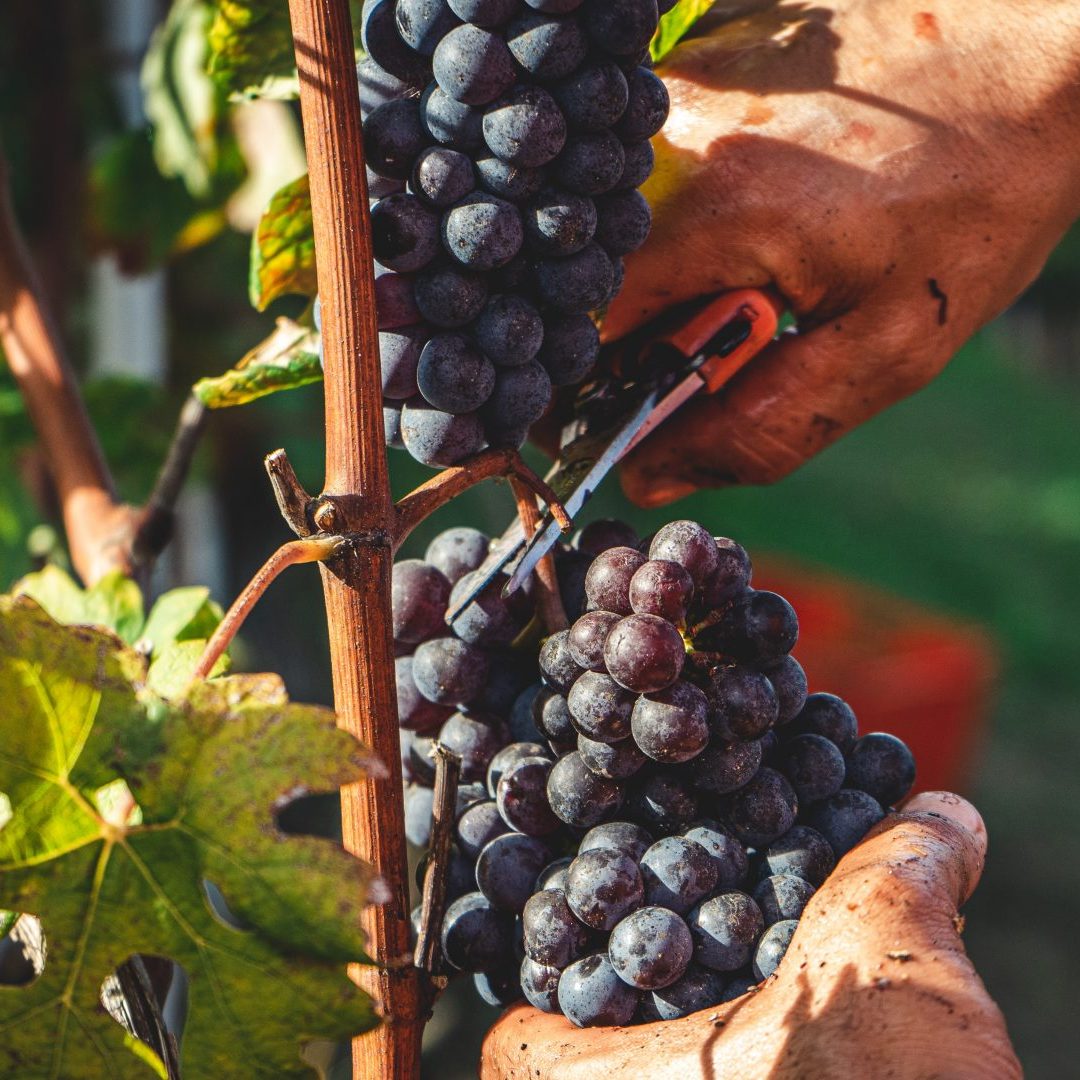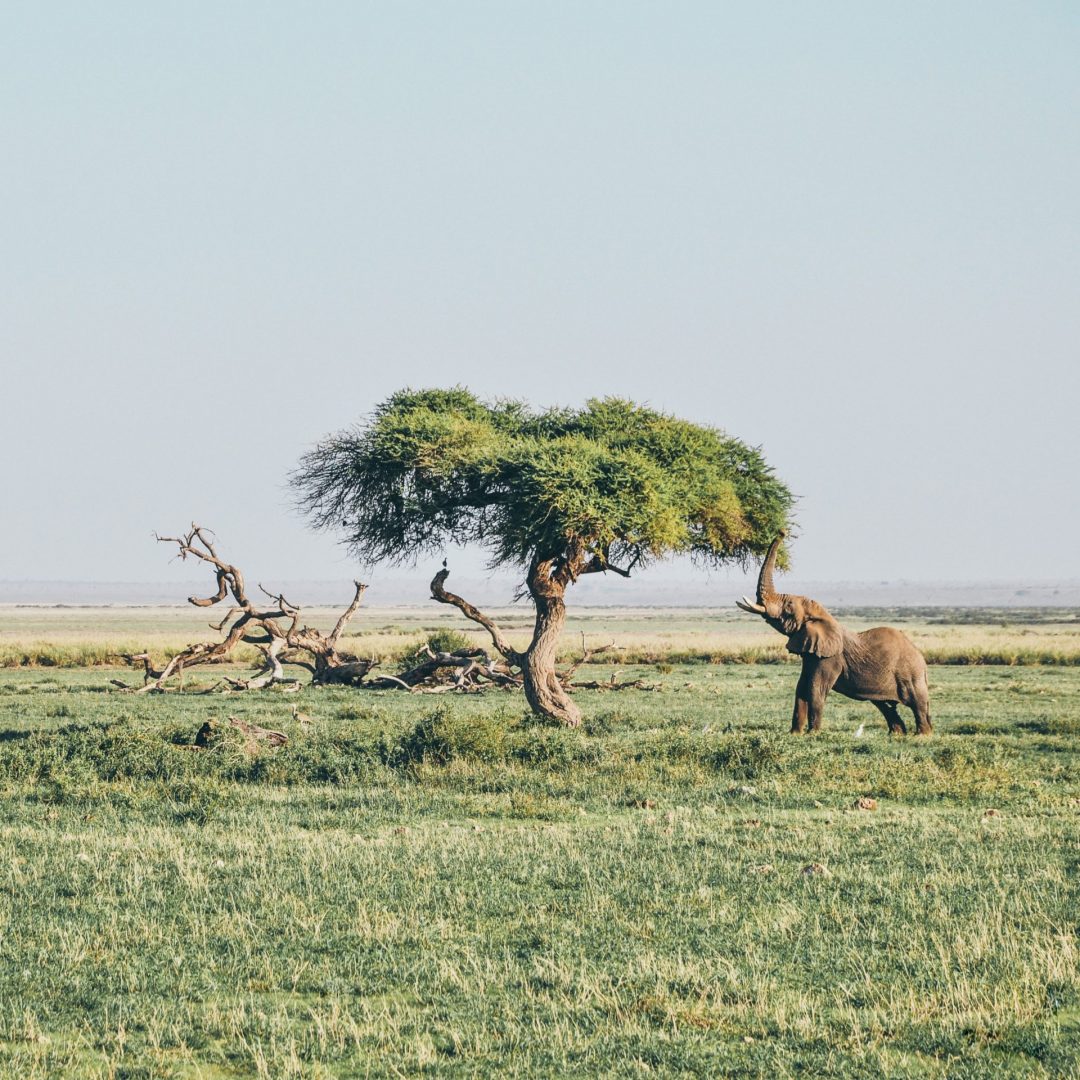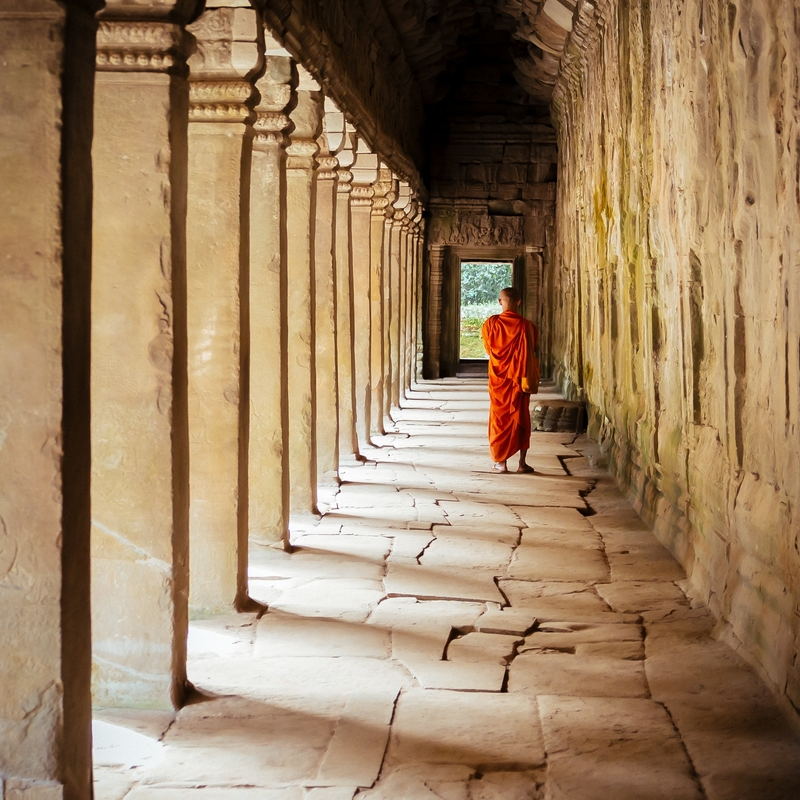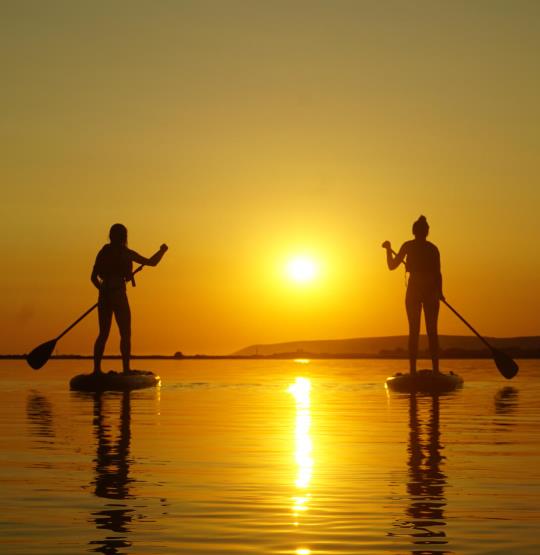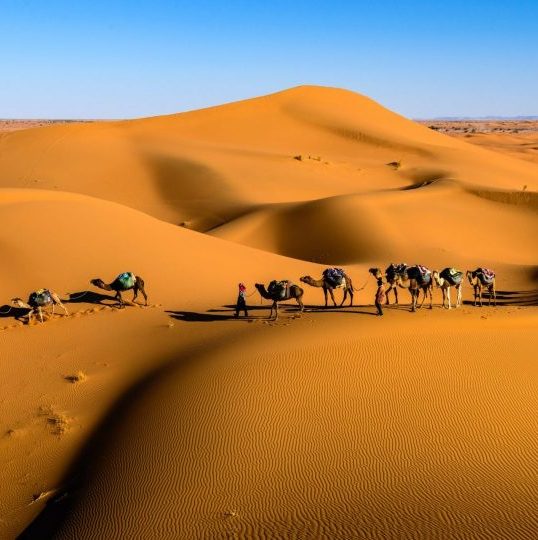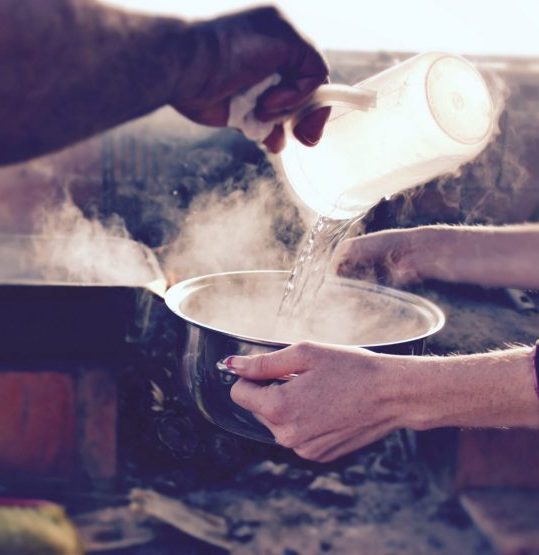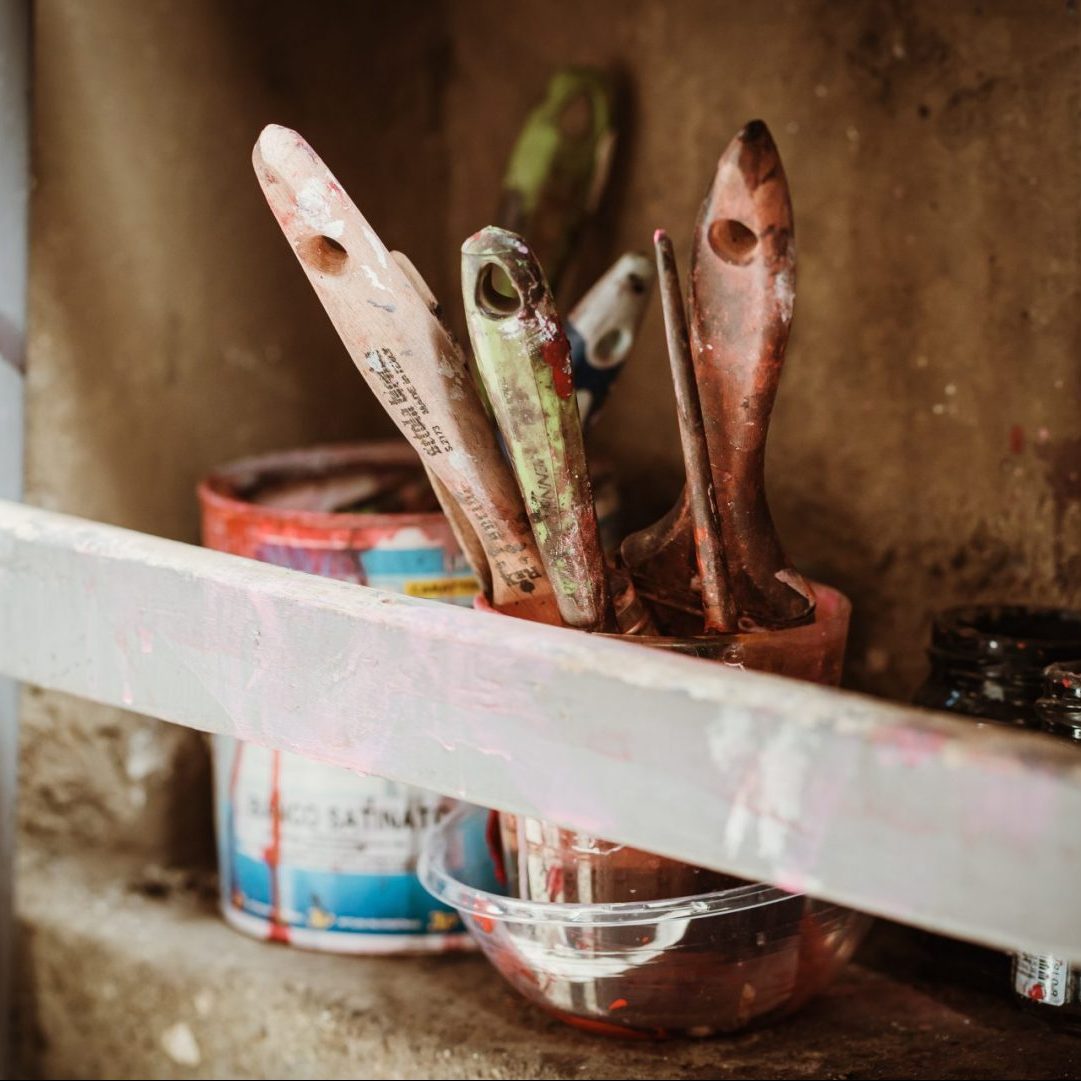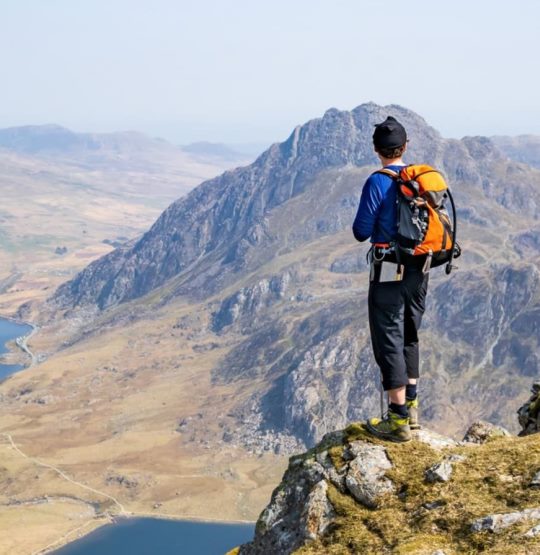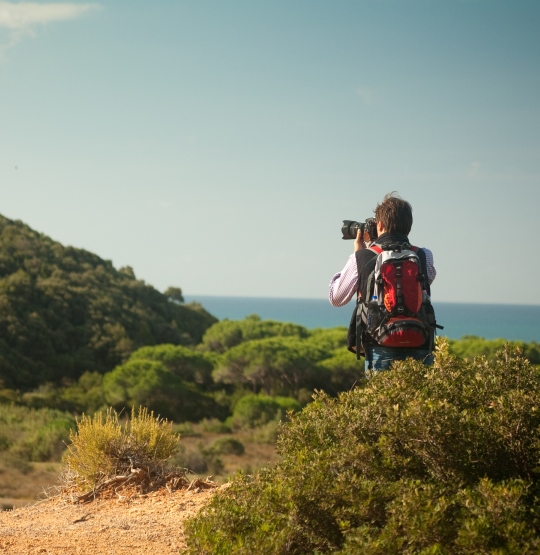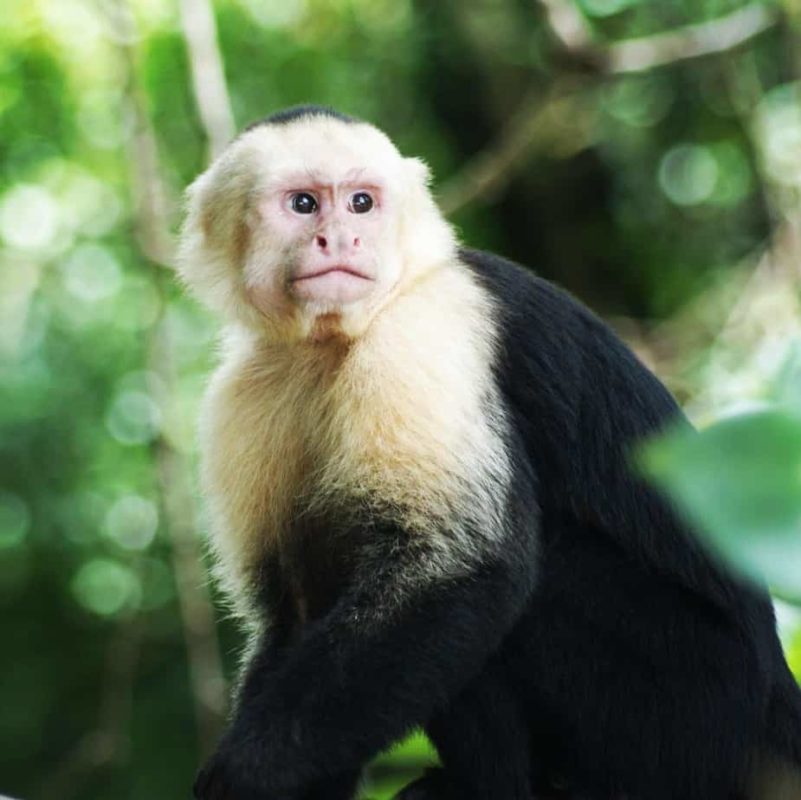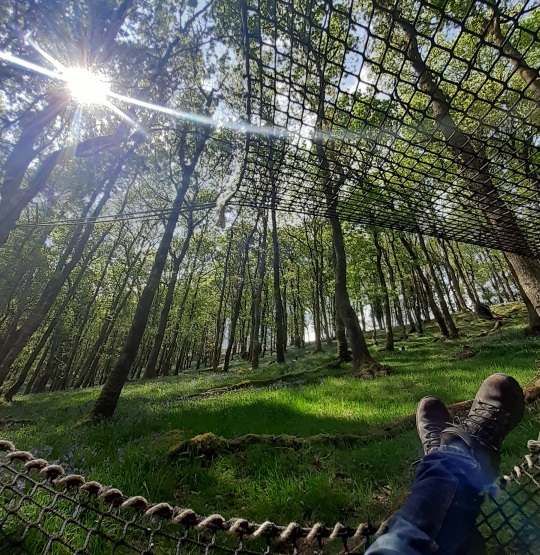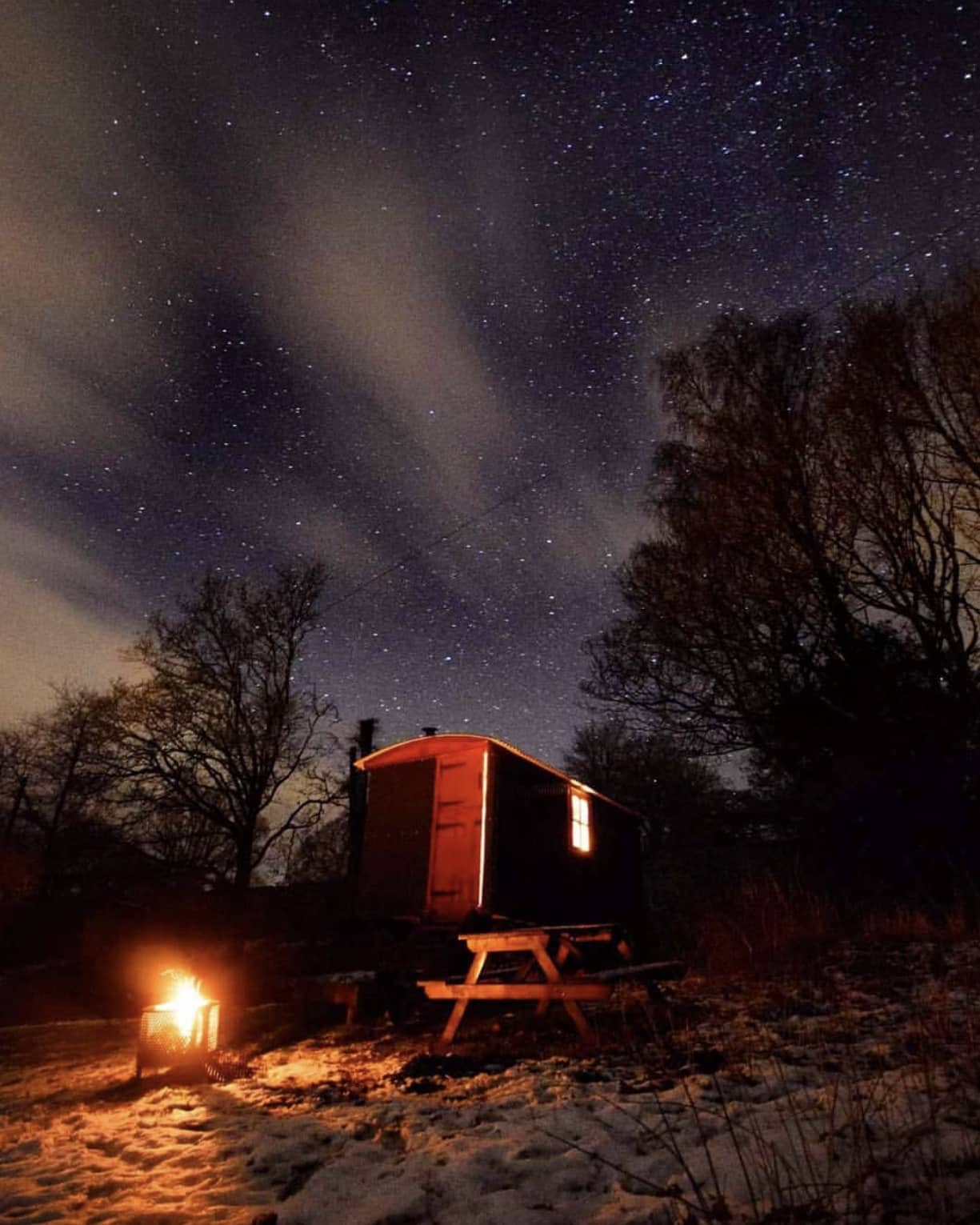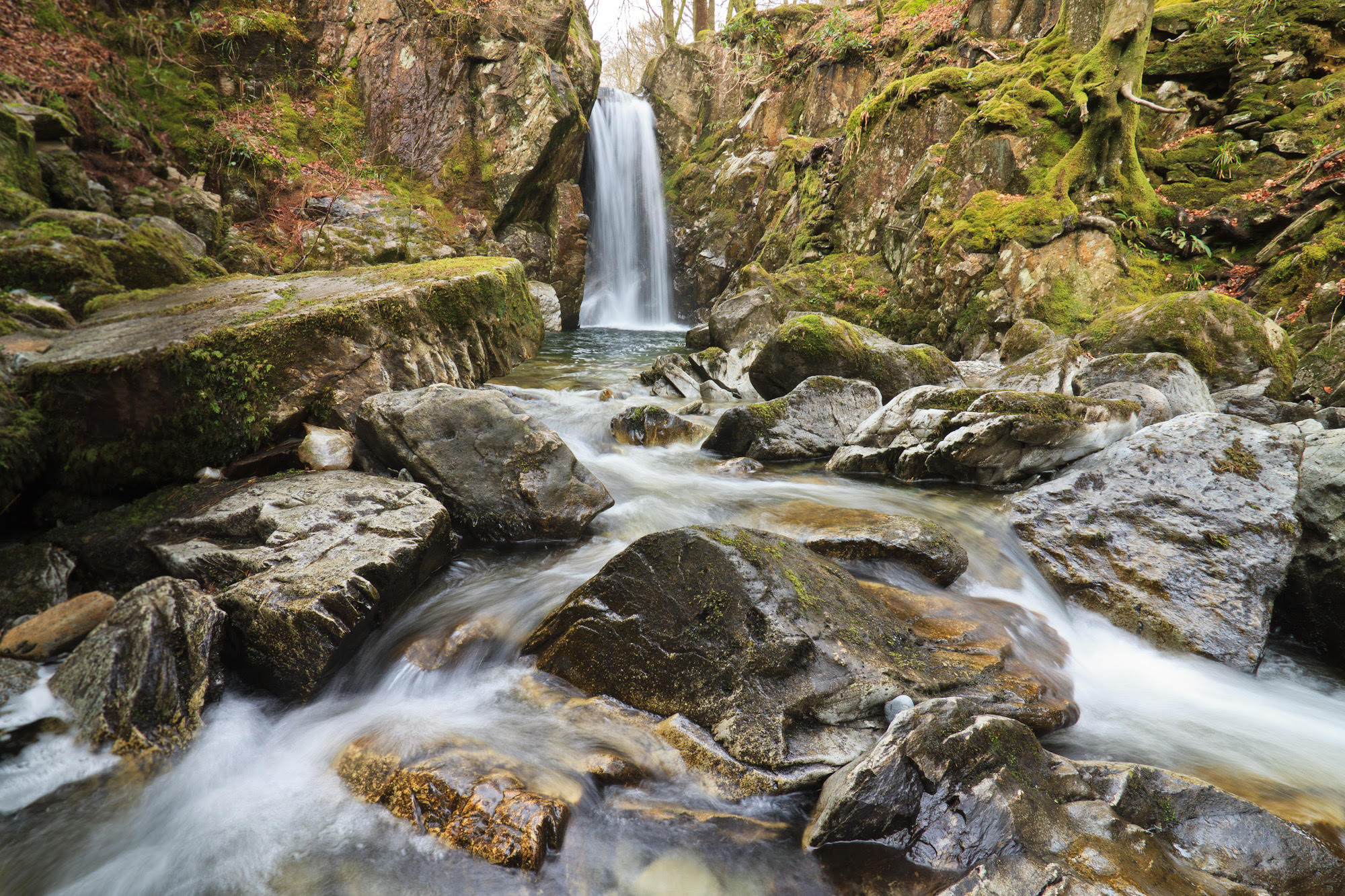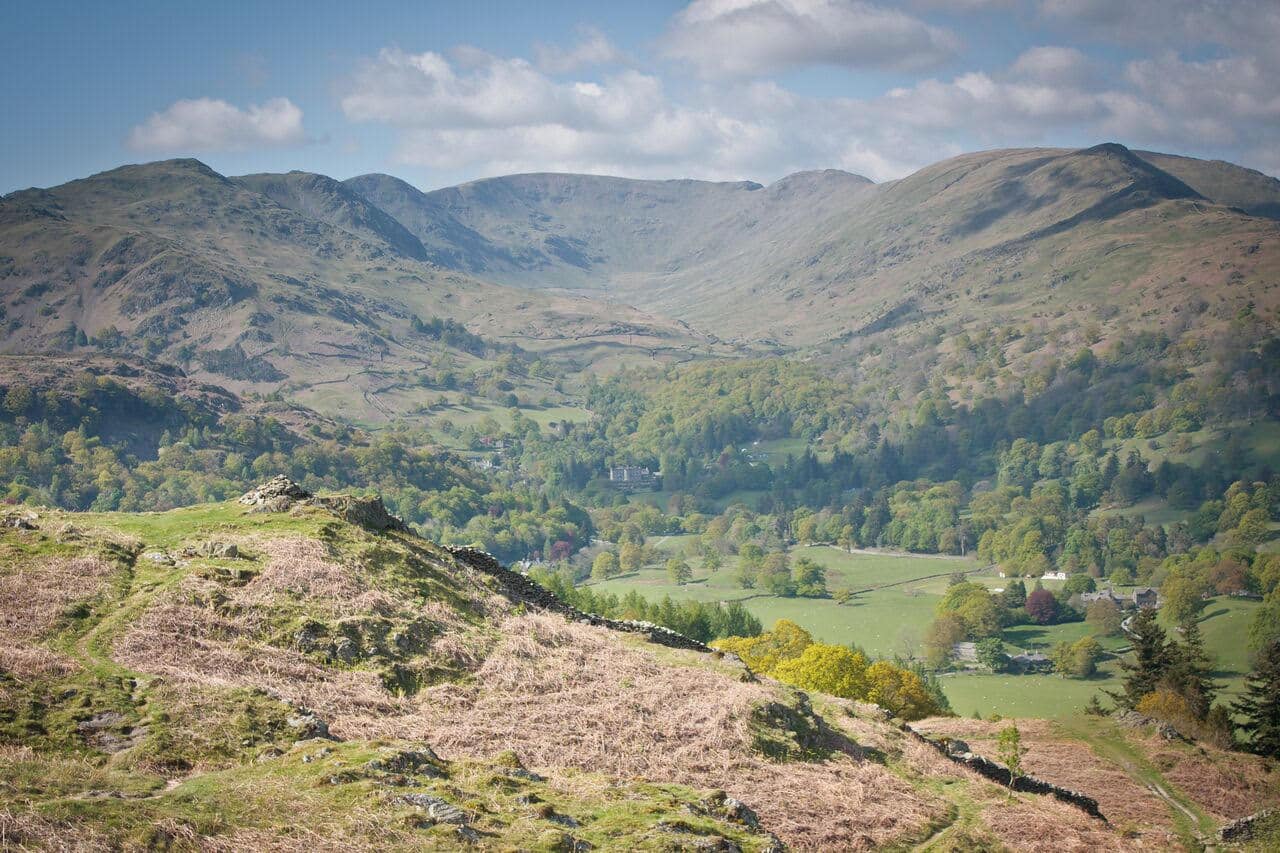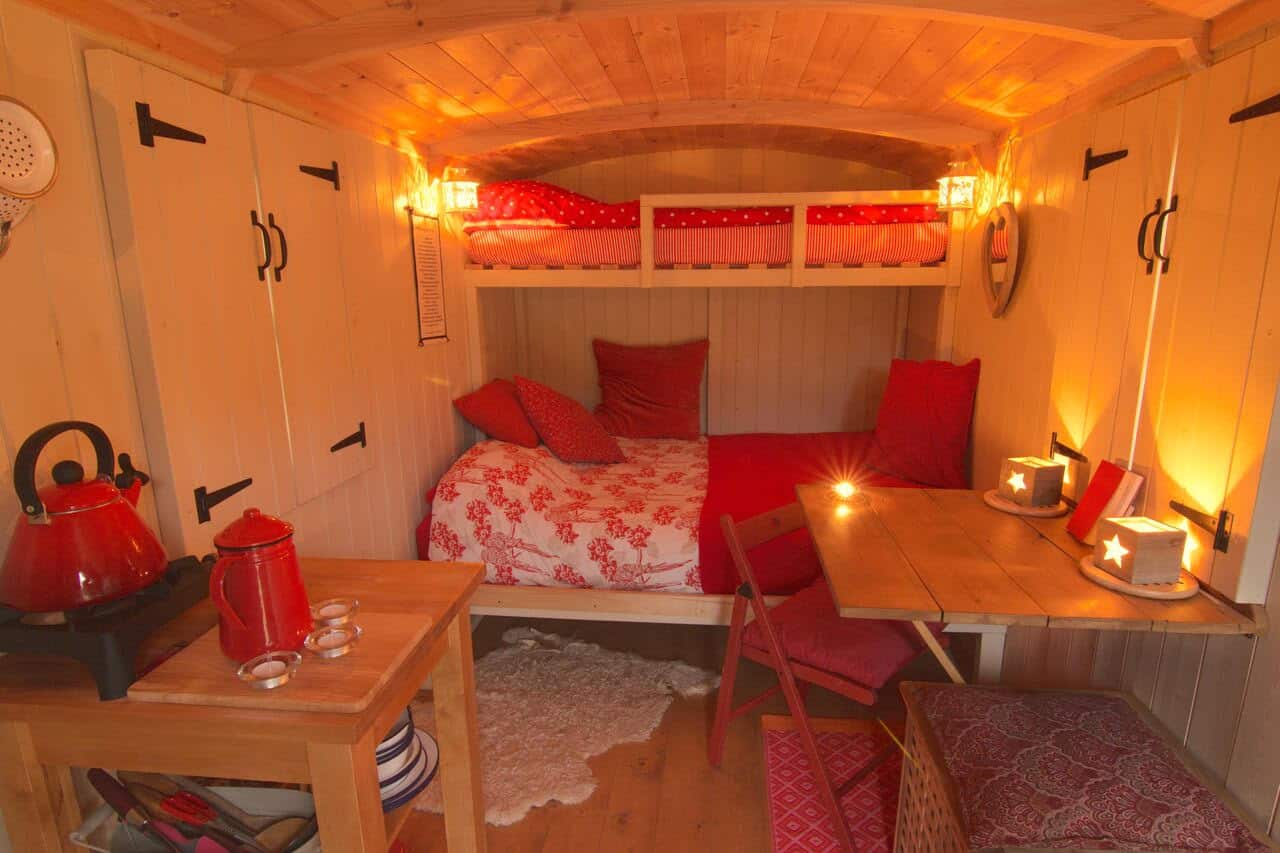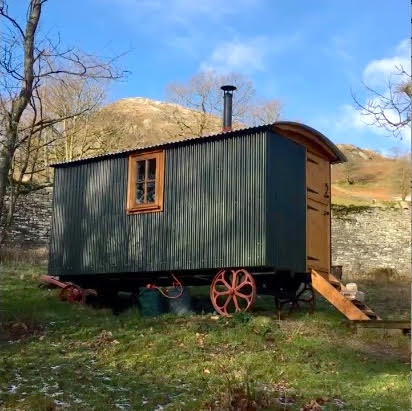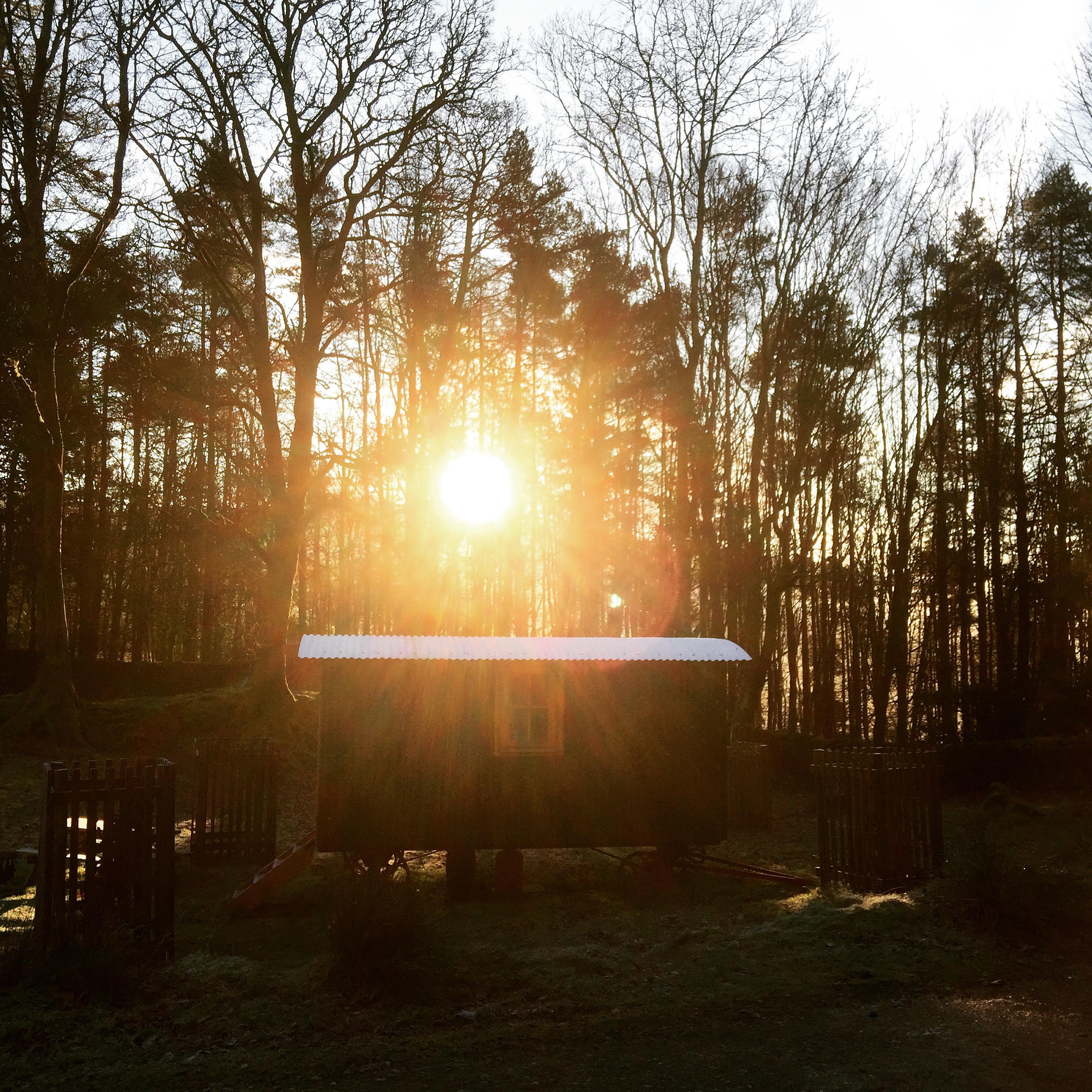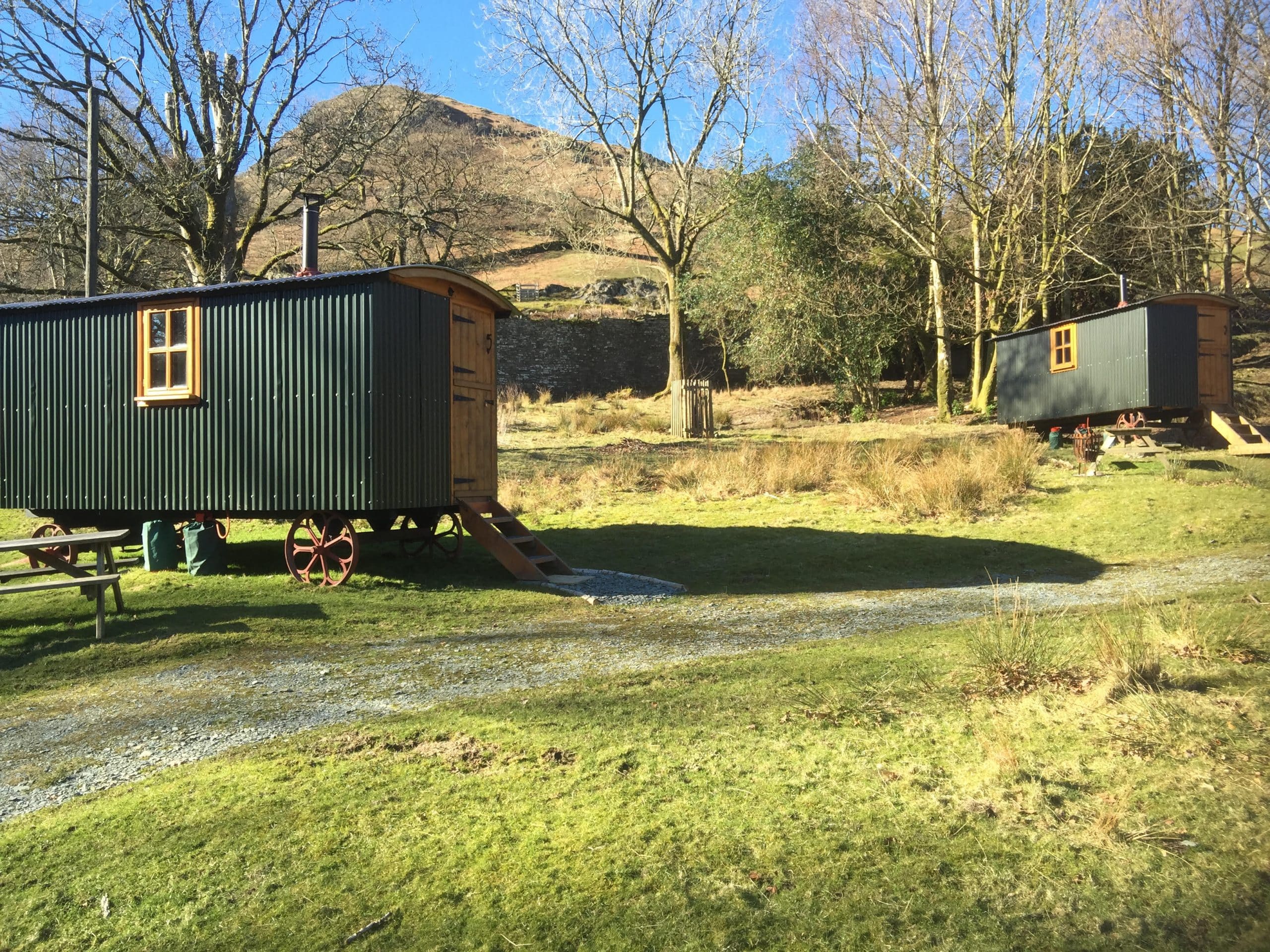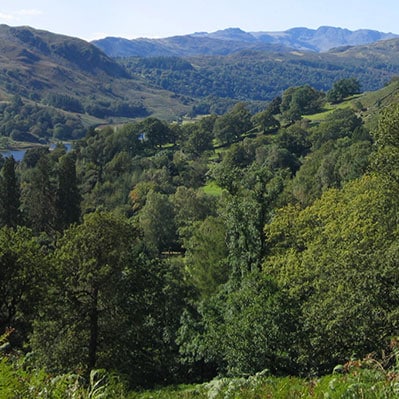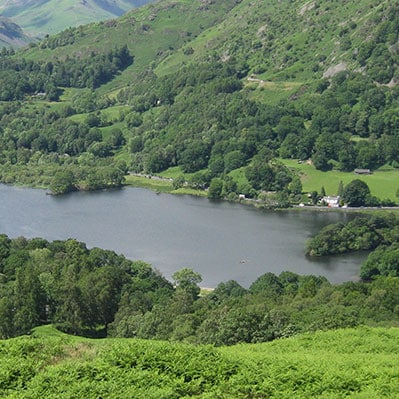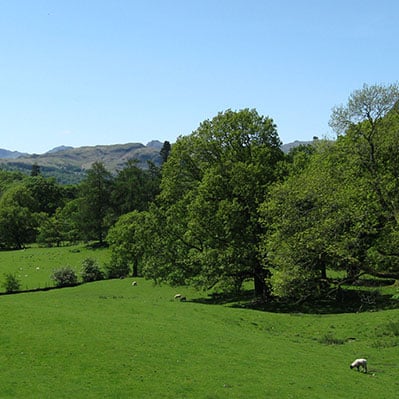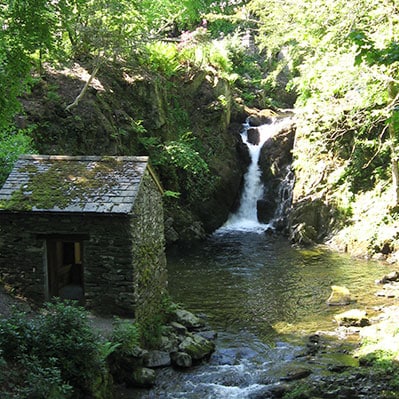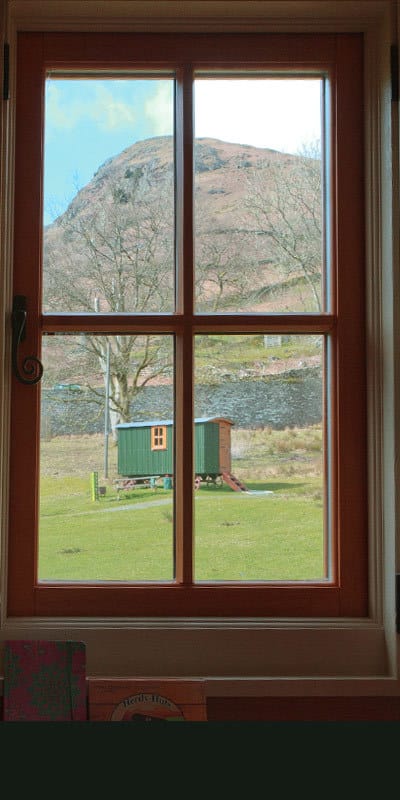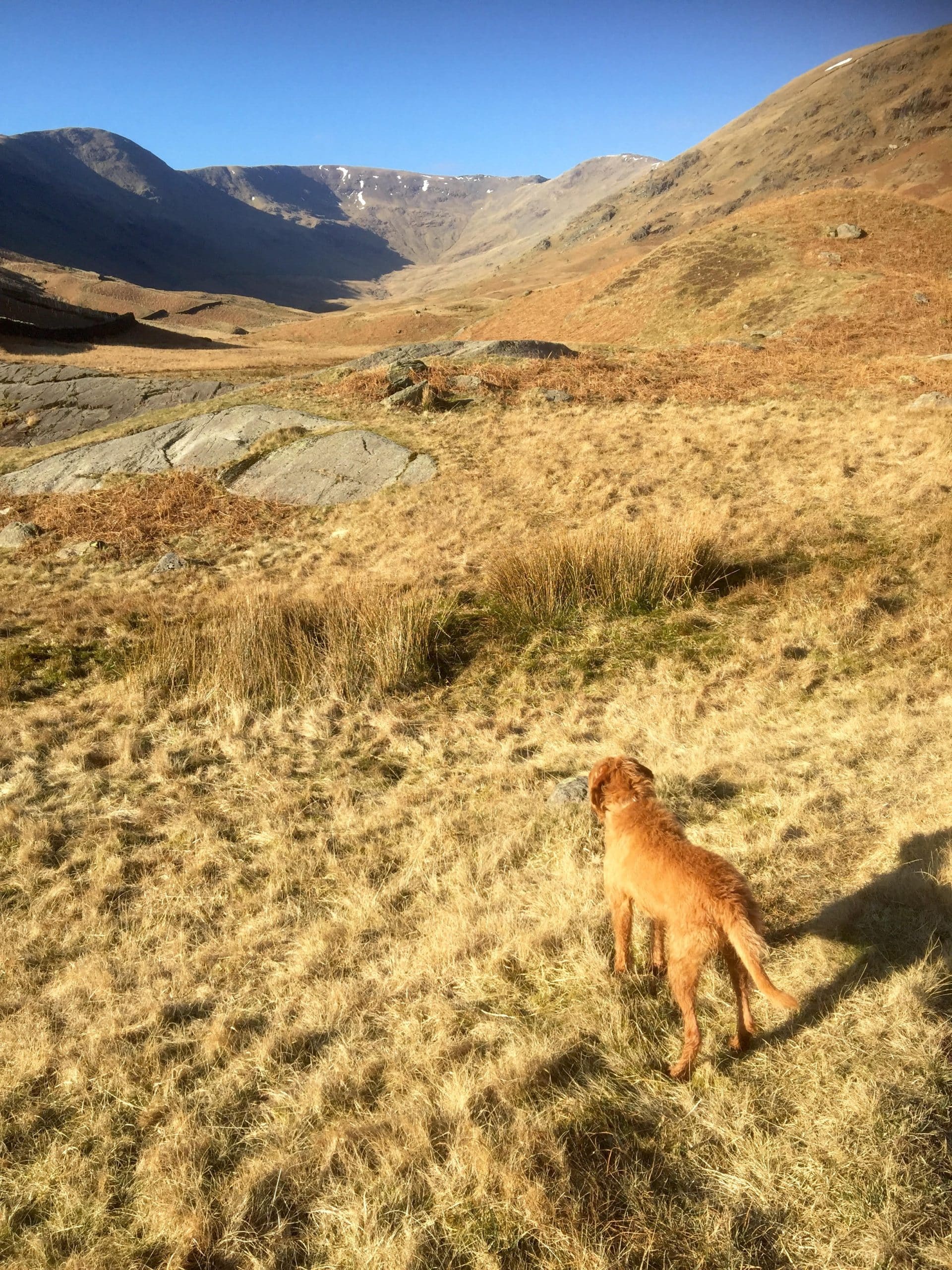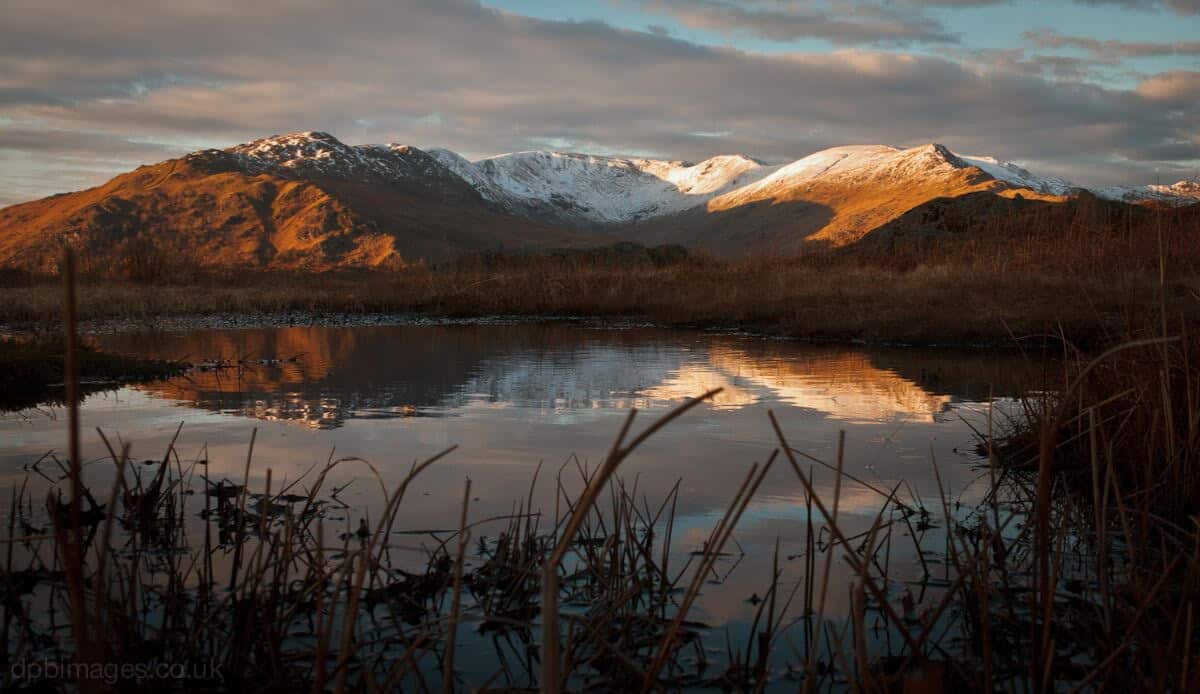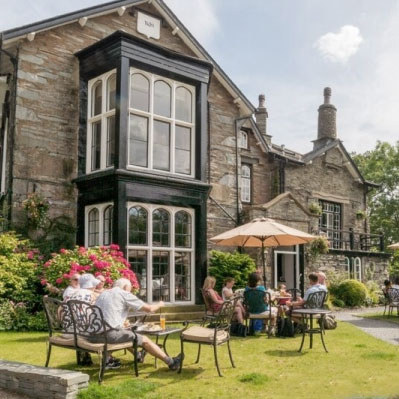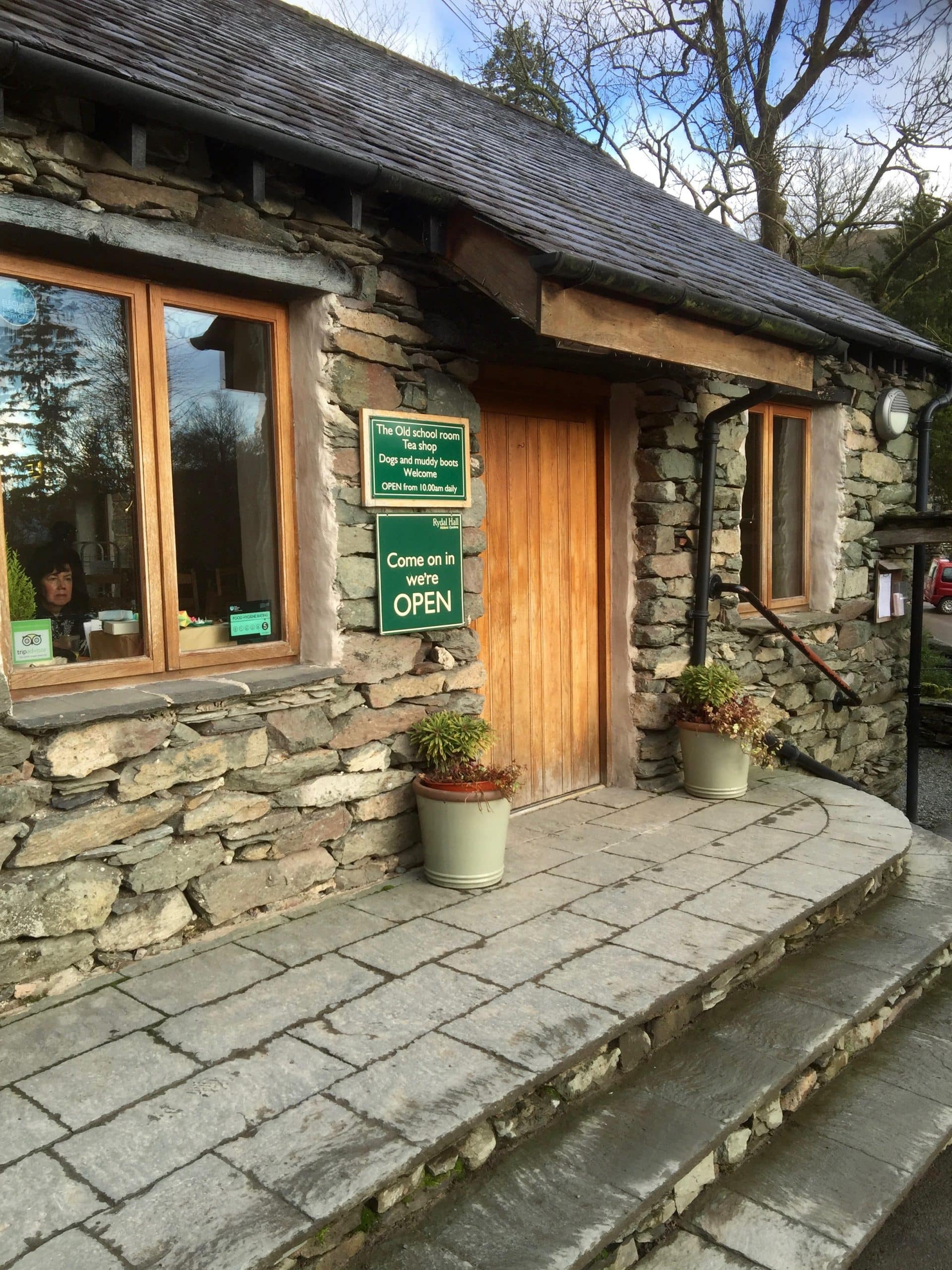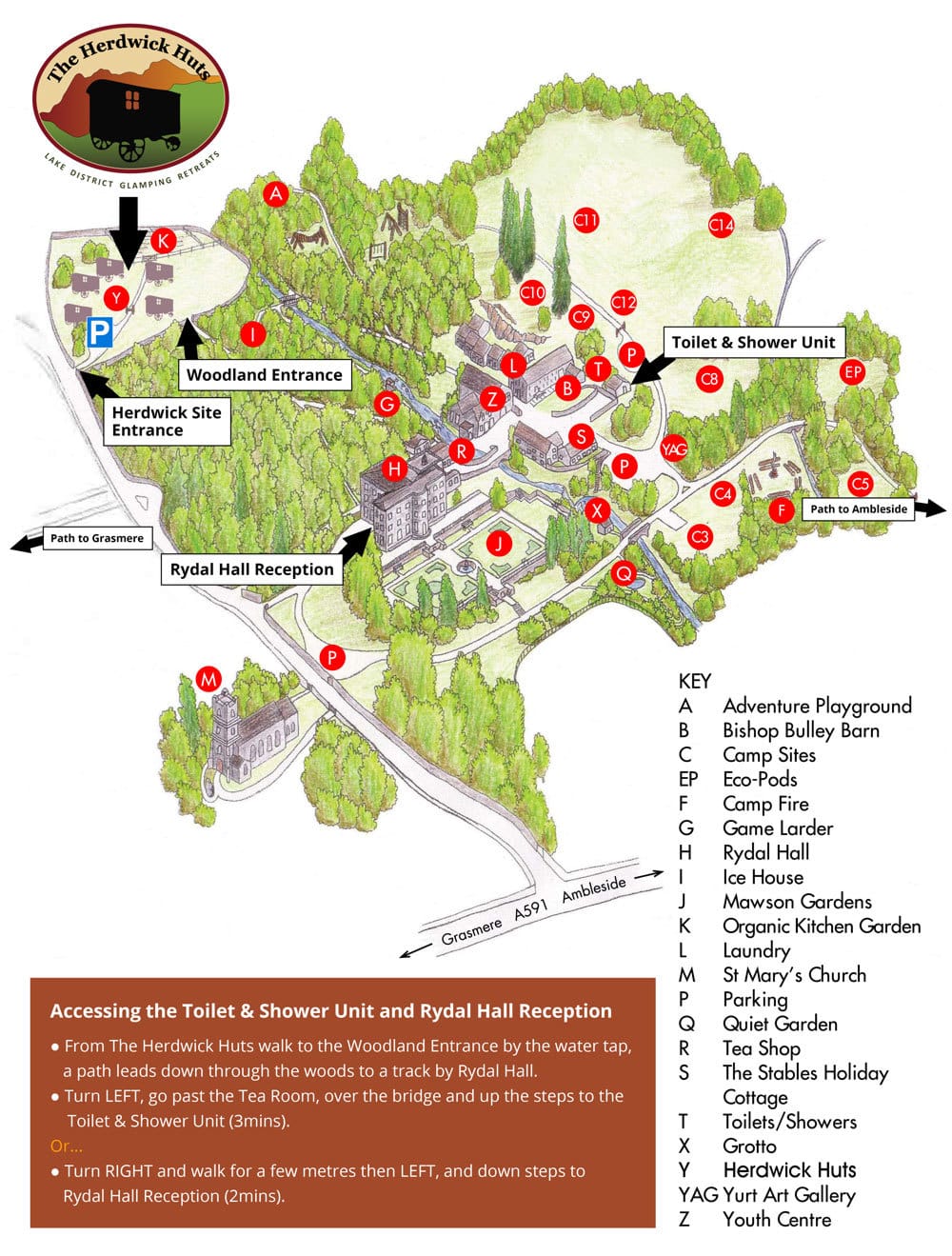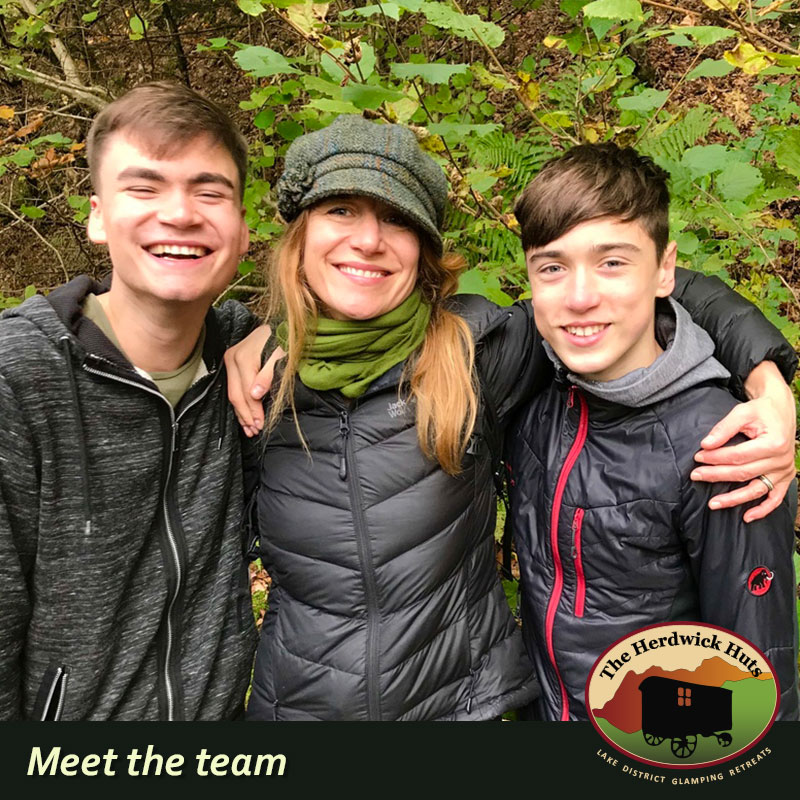Escape the everyday and immerse yourself in the beautiful wilderness of the UK with these intimate shepherd's huts. Set in the heart of the Lake District National Park, Rydal, this idyllic location carters for all. Enjoy waterfalls, lakes, plunge pools and gentle to rigorous walks all at your fingertips.
These beautifully traditional Shepherd’s Huts are situated underneath the Fairfield mountain range and Nab scar where you will be greeted with tranquil noises of nature. Set on their own exclusive site, these huts are perfect for a couples romantic retreat with room for one more.
Explore stunning Rydal hall with 34 acre grounds of ornate gardens along with woodland walks, Rydall lake, secret wateralls and rockpools right from your doorstep.
Appreciate the gorgeous landscape with renowned “Cofin walk” offering impressive lake and mountain views straight from your hut to famous Grasmere. Other attractions include “The Fairfield Horseshoe Walk”, badger watching, Wordsworth House and Rydal Water. If you fancy a cosy pub head down to The Badger Bar only a 5 minute walk away! Ambleside town is also within walking distance and offers amenities such as shops, restaurants and a cinema.
There is even easy access to the site by road, public transport and bicycle if you would like to explore further a field.
Included in your Shepherd’s Hut:
Double bed with memory foam mattress (sleeps two adults with all bedding )
Single Bunk with memory foam mattress (sleeps one child with all bedding)
All kitchen Utensils
Wood burning stove and oven (with wood,newspaper and kindling)
Cast iron gas hob stove
Drop leaf oak table and chair
Tea light lanterns and LED lights
On Site Facilities:
Fresh water Tap (2 mins walk)
Woodland toilet block (2 mins walk)
Modern toilet/ showers (3 mins walk)
Washing-up area (3 mins walk)
Old school room tea shop and toilet (2 mins walk)
Property sleeps a total of 3. One double bed and one small single bunk. Infant also allowed – no travel cot provided




